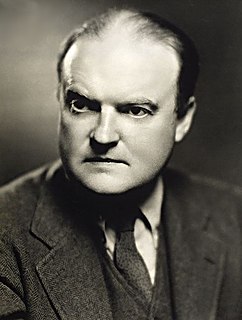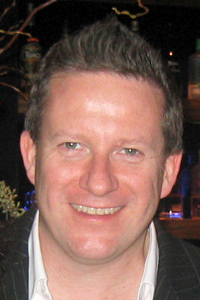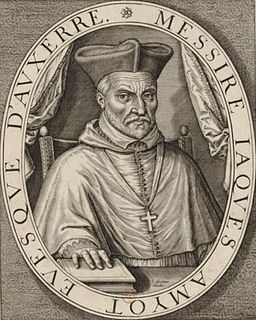A Quote by Philip Larkin
I think a young poet, or an old poet, for that matter, should try to produce something that pleases himself personally, not only when he's written it but a couple of weeks later. Then he should see if it pleases anyone else, by sending it to the kind of magazine he likes reading.
Related Quotes
A young poet in America should not be advised at the outset to give up all for the Muse-to seclude himself in the country, to live hand from mouth in Greenwich Village or to escape to the Riviera. I should not advise him even to become a magazine editor or work in a publisher's office. The poet would do better to study a profession, to become a banker or a public official or even to go in for the movies.
There is this tendency to think that if you could only find the magic way, then you could become a poet. "Tell me how to become a poet. Tell me what to do." . . . What makes you a poet is a gift for language, an ability to see into the heart of things, and an ability to deal with important unconscious material. When all these things come together, you're a poet. But there isn't one little gimmick that makes you a poet. There isn't any formula for it.
I believe in an America where the rights that I have described are enjoyed by all, regardless of their race or their creed or their national origin - where every citizen is free to think and speak as he pleases and write and worship as he pleases - and where every citizen is free to vote as he pleases, without instructions from anyone, his employer, the union leader or his clergyman.
I just think that the world of workshops - I've written a poem that is a parody of workshop talk, I've written a poem that is a kind of parody of a garrulous poet at a poetry reading who spends an inordinate amount of time explaining the poem before reading it, I've written a number of satirical poems about other poets.
I am not sure, once a poet has found out what has been written already, and how it was written - once, in short, he has learnt his trade - that he should bother with literature at all. Poetry is not like surgery, a technique that can be copied. Every operation the poet performs is unique, and need never be done again.
If, then, there must be something eternal, let us see what sort of Being it must be. And to that it is very obvious to Reason, that it must necessarily be a cogitative Being. For it is as impossible to conceive that ever bare incogitative Matter should produce a thinking intelligent Being, as that nothing should of itself produce Matter.
Isn't it curious how one has only to open a book of verse to realise immediately that it was written by a very fine poet, or else that it was written by someone who is not a poet at all. In the case of the former, the lines, the images, though they are inherent in each other, leap up and give one this shock of delight. In the case of the latter, they lie flat on the page, never having lived.






































